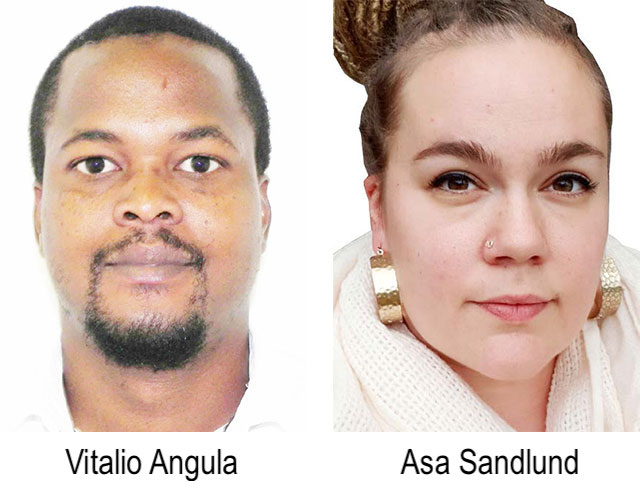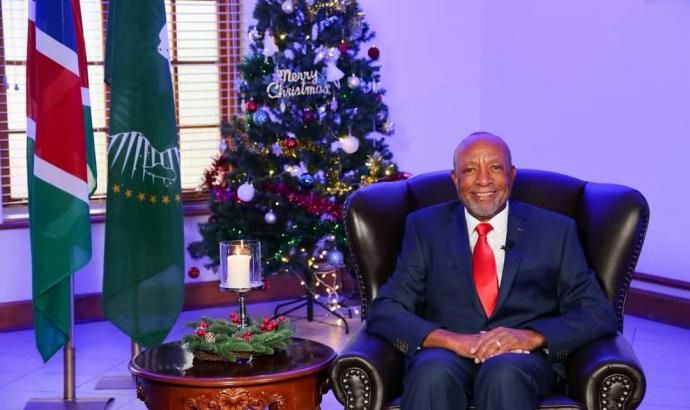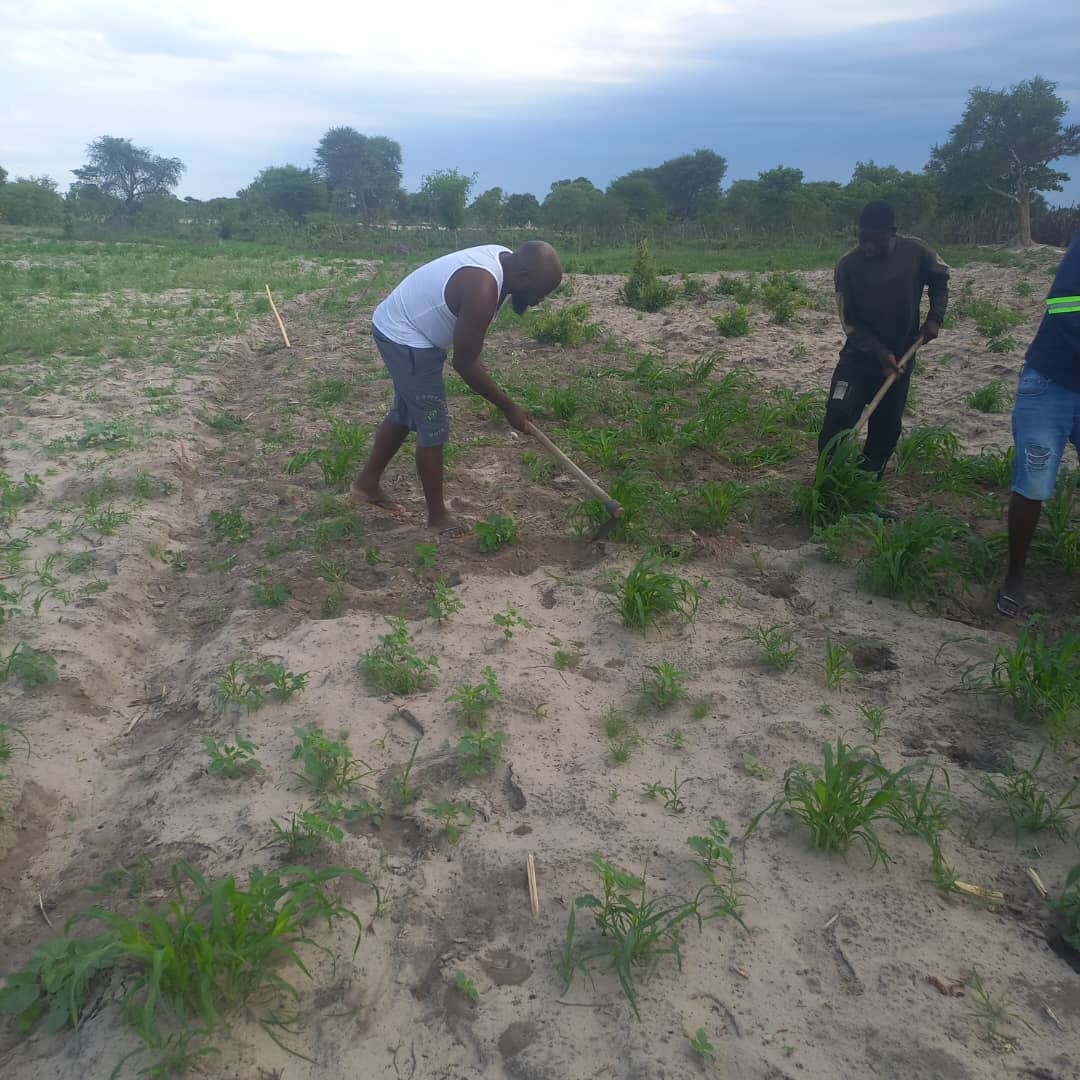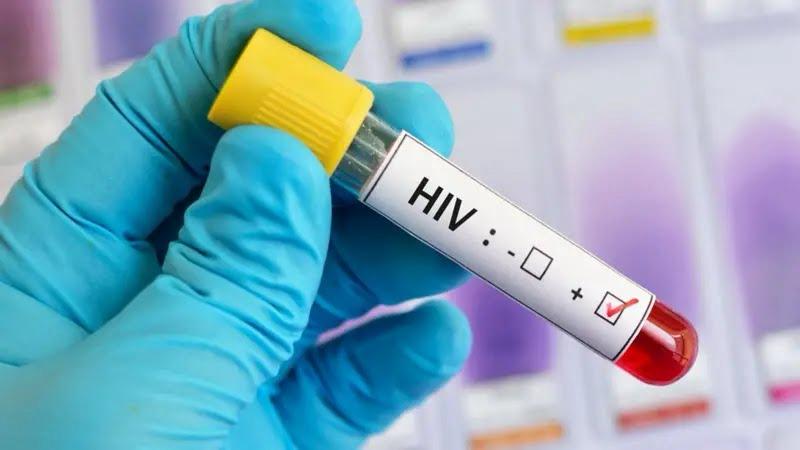VITALIO ANGULA and ÅSA SANDLUNDFEW THINGS wreak havoc on the overall health of humans as armed conflicts do.
As participants of battle return home, many arrive with lasting health issues of a broad range. Not only do many of them return with physical impairments such as loss of limbs, hearing, eyesight, etc., but mental issues are also a major concern, if not openly spoken of.
Devastating diagnoses such as post traumatic stress disorder (PTSD) are well documented in returning combatants of any war.
However, while the physical ailments may be treated with satisfactory results, in many cases the mental health issues are pushed aside entirely.
This has been the case for many veterans of Namibia’s liberation struggle where after the war, many of the combatants were left to deal with the psychological trauma brought on by their experiences from the war without any form of social support system or de-briefing programme in-place to take care of them.
As a result, many of them have not been able to cope with their mental health properly and re-integrate into society meaningfully.
In our society today, mental illness is often stigmatised or dismissed altogether as an imaginary ailment that will go away if those affected would simply think positively.
This goes for the population in general, but also very much so for the war veterans. This is a sentiment that would never be uttered in the case of former combatants with visible physical impairments that has come as a result of the war, so why is this the case for the mental issues?
Rusa Malulu and Alex Kamwi of the Veterans’ Association led peaceful demonstrations in post-independence Namibia to bring to the government’s attention the plight of Namibian war veterans. Founding president Sam Nujoma dismissed their request at the time as opportunistic and told them that it was unpatriotic to demand compensation for a war they had voluntarily participated in.
However, his successor, president Hifikepunye Pohamba, heeded their calls and established a Ministry of Veterans’ Affairs with a mandate to look into the issues specific to surviving war veterans and their dependants.
Most commonly, individuals afflicted with untreated PTSD are known to fall into self-medicating with anything from alcohol and sex to heavier, more instantly devastating, substances in order to suppress harmful memories.
Another common effect of untreated PTSD is that sufferers may go into extreme confrontation, meaning that those who suffer from the illness may throw themselves head-first into dangerous situations such as reckless driving, physical confrontations or other destructive actions.
According to Israeli writer Sam Vankin, a worrisome structural outcome of war is that social groups that have lived through intense and prolonged periods of trauma may develop narcissistic behaviours as a whole. Such behaviours include a lack of empathy for others, a heightened sense of self-importance, entitlement, and a tendency to ruthlessly step on others in order to achieve one’s own egotistical goals.
In Namibian society, many of these traits can be observed specifically among the ‘better off’ veterans. These individuals seem to have no limits to the extent to which they would go to accumulate wealth, even when it is done at the expense and well-being of the country.
Among this group there seems to be an inability to share the resources of the state so that other citizens may benefit from/access them as well. This has set them on a collision course with the less fortunate members of society who do not have the opportunity for upward social mobility.
Any criticism of this pattern of behaviour is deflected with the aid of the ‘I fought for this country’ attitude, which is prevalent among many of Namibia’s veterans.
The negative behaviour of those who may suffer from PTSD or complex trauma does not only affect them on an individual level but in many cases it also has a detrimental effect on their immediate associates such as family members, work colleagues and the society at large.
It therefore becomes necessary to consider the social effects of a system where individuals living with the throes of trauma are expected (or demand) to be put into leading positions in society or in family life.
How stable a leader can such a person really become, when in many cases they’re not even in full charge of their own minds, and what ripple effects might their mental ailments have on society as a whole?
Research shows that in many cases, such ‘comrades’ may themselves become a source of trauma for other people – the despotic politician, the neglectful and/or violent parent, the overly punishing teacher; and this creates a society of perpetual trauma and violence.
Exaggerated violence on the part of law enforcement officers and members of the Namibian Defence Force is well documented and it is worth noting that many returnees from the war were incorporated into these institutions upon repatriation from exile. As the common adage goes: “violence breeds violence”. Potentially stunting the development of an entire country, this vicious cycle must be broken.
The veterans Act 2 of 2008 (30) makes provision for assistance for veterans in matters concerning impaired health as a result of the war. For the further development of Namibian society, it is imperative for the Ministry of Veterans’ Affairs to start taking care of those who lost more than limbs in battle.
Here, the access to financial aid for psychological counselling aimed at post war trauma plays an important part.
• Vitalio Angula is a socio-political commentator and independent columnist.
• Åsa Sandlund is a teacher of history, and engaged in issues of social justice globally. Her bachelor’s degree thesis was on Namibian women’s strategies for gender equality and liberation during the liberation struggle. asa.sandlund@hotmail.com
Stay informed with The Namibian – your source for credible journalism. Get in-depth reporting and opinions for
only N$85 a month. Invest in journalism, invest in democracy –
Subscribe Now!







